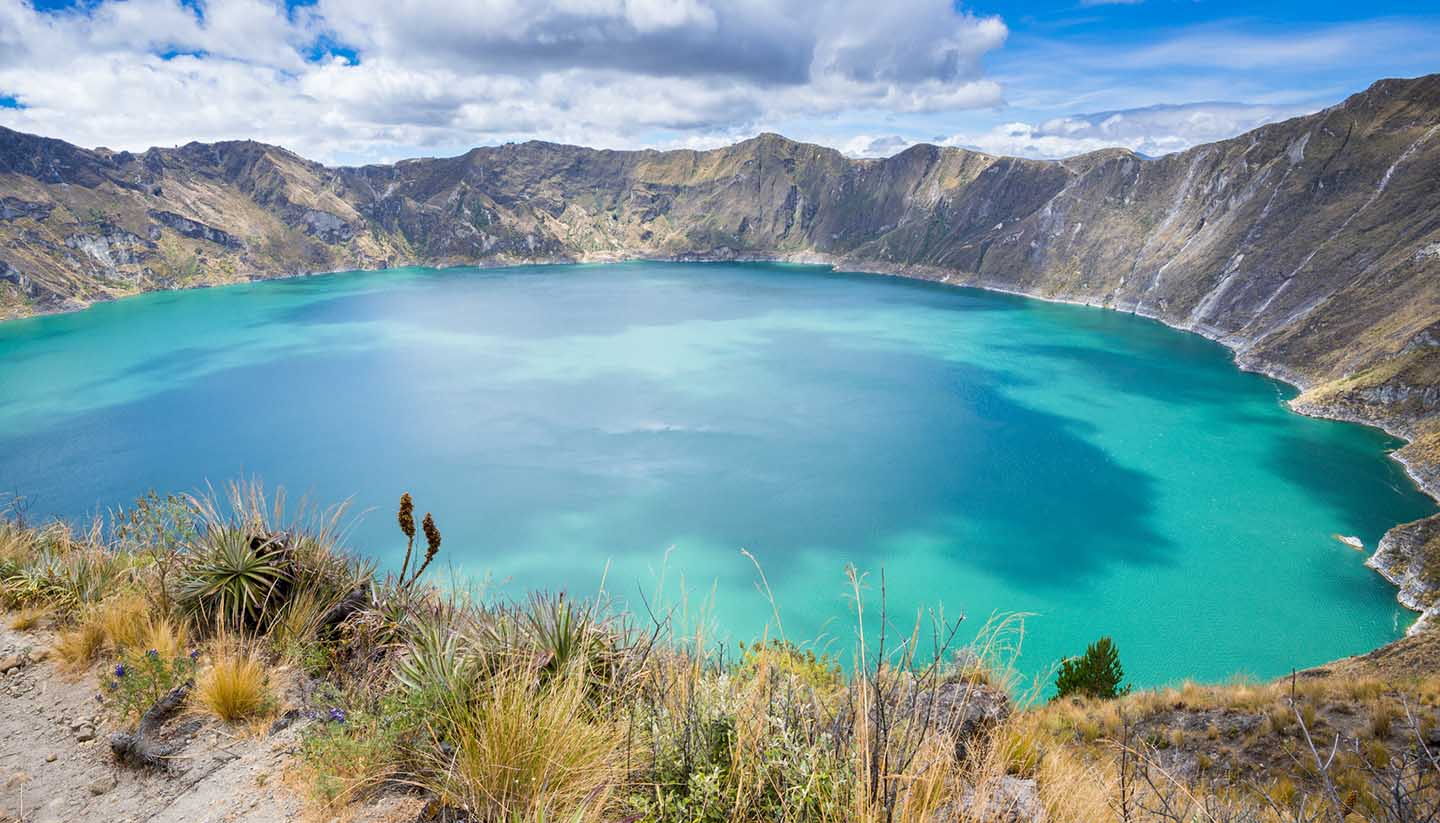Ecuador History, Language and Culture
History of Ecuador
As you would expect from a land peppered with ancient Inca sites and colonial cities, Ecuador has a colourful history. It began in earnest with the arrival of the Incas in the mid-15th century, who conquered the various tribes that had previously eked out a livelihood in northern South America.
The sun-worshipping Incas developed advanced cities such as Ingapirca, the ruins of which still stand today, but they couldn’t fight off the Spanish, who conquered the region in the 1530s. The territory fell under the jurisdiction of Gran Colombia, a Spanish state that incorporated Colombia, Venezuela, Peru, Panama, Brazil and Guyana.
Spanish rule lasted until the early 19th century; the Spaniards were finally overthrown in 1822, by a force backed by Simon Bolivar, fresh from victory in Colombia. In 1828, the country declared war on Peru, whose armies had invaded Gran Colombia. A year later, a peace treaty was signed.
In 1831 Gran Colombia was dissolved and Ecuador's boundaries were permanently established. However, relations between Ecuador and Peru have been tense ever since.
The period between 1925 and 1948 was characterised by continual changes of government, administrative chaos and economic hardship. The discovery of oil and the sharp increase in world oil prices in the 1970s should have transformed Ecuador's economic fortunes, but the windfall was largely squandered.
After years of military rule, Ecuador had its first presidential elections in 1979. Power swung between left and right for the next two decades, until 1998 when Jamil Mahaud, of the centre-right Popular Democracy Party took office. However, he proved unable to arrest Ecuador's deteriorating economic situation, which included the freefall devaluation of the Sucre and a proposed switch to the US Dollar in a desperate bid for stability.
In January 2000, Mahaud was forced out under pressure from the military. Under strong international pressure, his successor, Gustavo Noboa, introduced an unpopular austerity programme, which destroyed his prospects for retaining office.
Rafael Correa, took office in 2007 and has since presided over a period of relative stability, investing heavily in infrastructure projects, education and welfare. However, his populist policies have been largely funded by oil, which has tumbled in value recently and left gaping holes in Ecuador’s budget. Correa’s treatment of political opponents and the media have also raised questions about his presidency. In 2017, Lenín Moreno - who served as Vice President under Correa from 2007 to 2013 - clinched a narrow victory in a contenous presidental election, with a promise to triple poverty relief, tackle corruption and ease up on the media.
Did you know?
• In 2008 Ecuador became the first nation in the world to declare that nature has constitutional rights.
• Quito and Krakow became the first World Cultural Heritage Sites in 1978.
• President-elect Moreno will become the world's first paraplegic head of state when he is sworn in on 24 May 2017.
Ecuador Culture
Religion in Ecuador
Christianity, with 95% Roman Catholic.
Social Conventions in Ecuador
Casual wear is widely acceptable, other than for business. Smart clothes are often required when visiting hotel dining rooms and better restaurants. Revealing clothes should not be worn in towns.
Photography: A tip may be requested if you wish to take someone's photograph and it is better to seek permission first.
Language in Ecuador
Spanish is the official language, but Quichua (Kichwa) and other indigenous languages are common.


